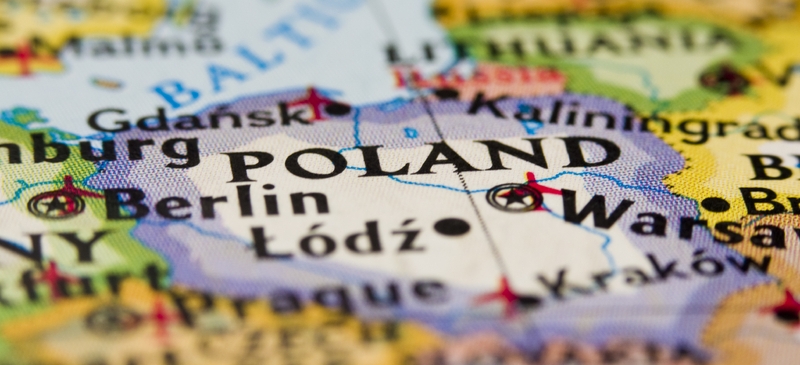
Poland's position
The departure of one half of the Kaczynski twins is good news for Poland's economy and for EU harmony. But those hoping for radical change may be disappointed.
The mood was certainly jubilant the day after the election: "Congratulations!" "Finally!" "Let's celebrate!" were some of the comments that Poles posted on blogs and media websites yesterday. The twin rule of Jaroslaw Kaczynski as prime minister and his twin brother Lech as president have left the country divided. Almost a third of Poles voted for the conservative nationalism of the Kaczynski's Law and Justice Party (PiS). But most want Poland to move forward rather than chase the communist ghosts of the past. Just over 40% backed Donald Tusk and his centre-right Civic Platform (PO). The high (for Poland) voter turnout indicates that Poles thought this election mattered.
Across Europe, the result was greeted with relief. Under the Kaczynskis, Poland had become the EU's awkward partner. They had not been shy to use the veto to defend narrowly defined national interests. And their rhetoric was sometimes disturbingly free of political correctness, for example when the prime minister justified his demands for more EU votes by pointing to casualties of the second world war. Many Germans asked whether he had understood that the EU had been set up to overcome the divisions of the past.
I was particularly worried that Poland's clumsy and unpredictable foreign policy would give enlargement a bad name. It played directly into the hands of those who had insisted all along that the EU should remain a small club of like-minded nations.
For Poland and for Europe the election outcome is good news. But I doubt that we will see radical change. First, Poland had already been slowly and steadily moving back towards political normality. The PiS populist and radical coalition partners had left in the summer - which is what triggered the early election - and they failed to get back into parliament. There were some signs of moderation in foreign policy: Lech Kaczynski did not use the EU's Lisbon summit as another opportunity for populist posturing.
Second, the kind of economic changes that Poland now needs would be difficult under any administration. And neither Donald Tusk nor the PO has any government experience. Despite the statist leanings of the PiS, they bequeathed an economy in rude health: GDP is growing at 7% a year, inflation is low, the budget in balance, unemployment keeps falling. Foreign investors brought in $ 20 billion last year. Against this background, Tusk will find it hard to make the case of painful measures, such as reforming an ill-targeted social security system and a bloated, ineffective state bureaucracy. These tasks are urgent: corruption watchdog Transparency International lists Poland way below any other EU country bar Bulgaria and Romania. And in the World Bank's ranking of the ease of doing business, Poland scores lower than Kazakhstan.
Third, although 80% of Poles think that their country does well out of being in the EU, Poland wants to be taken seriously as one of the EU's big countries. When I went to the Krynica Economic Forum in September, I was surprised to find that many liberal-minded Poles supported the Kaczynskis' nationalist and anti-German line. "We only started coming to terms with the second world war in 1990," said one.
The PO itself has a mixed record on Europe. It was a PO politician who came up with the infamous "Nice or death" slogan to defend Poland's voting share in the EU. The new government's rhetoric will be less combative, and atmospherics matter in the EU. But I would still expect the Poles to be tough, for example in the forthcoming review of the EU budget, where Poland will fight tooth and nail for a big share in EU regional funds and against reforming the common agricultural policy.
Last but not least, this government will not only be a coalition; it will also resemble what the French call co-habitation. As president, Lech Kaczynski has wide-ranging powers to hold up government legislation. The PO, together with its most likely coalition partner, the Polish People's party, will not have enough votes to repel a presidential veto. They will need help from centre-left MPs. Although the left and the Kaczynskis loathe each other, this parliamentary support could come at the price of slower economic reforms. President Kaczynski has also become used to playing a big role in international affairs. Although under the constitution he is only supposed to "oversee" foreign policy, it was him, not his brother, who represented Poland at recent international summits. He will probably want this arrangement to continue. Europe may not be rid of the Kaczynskis just yet.
